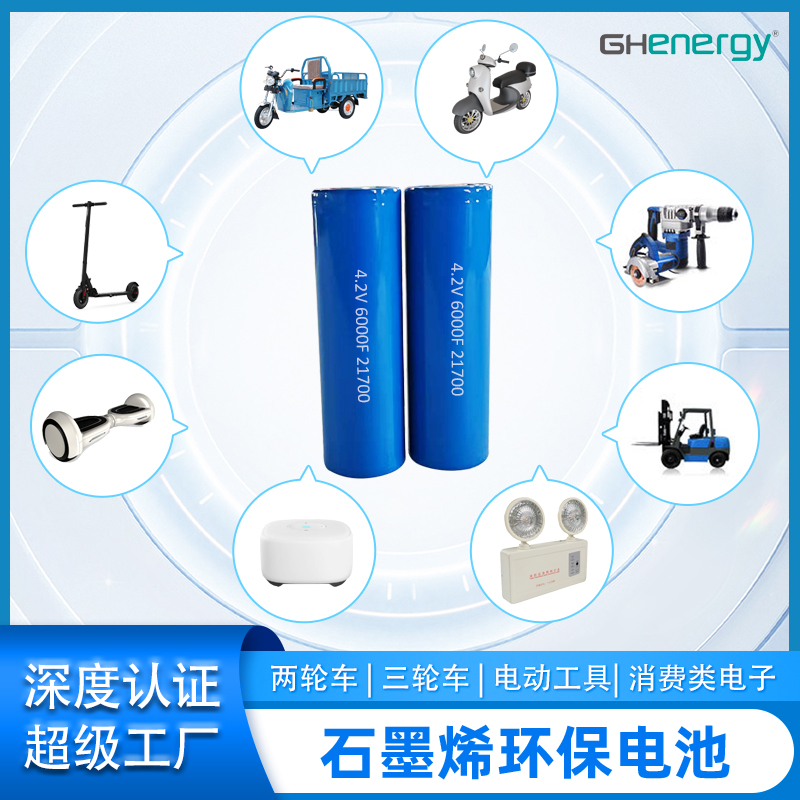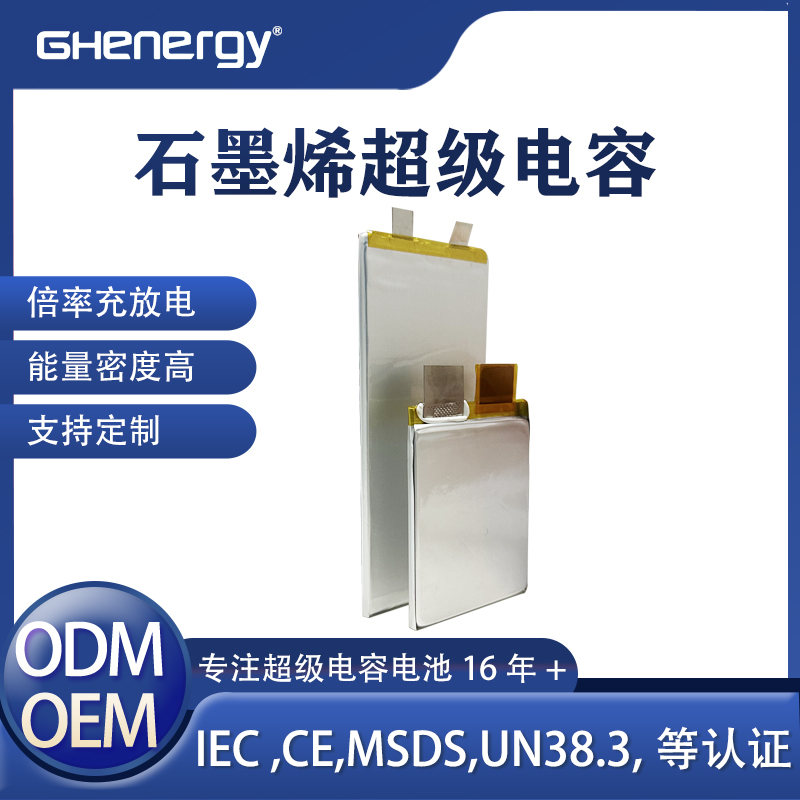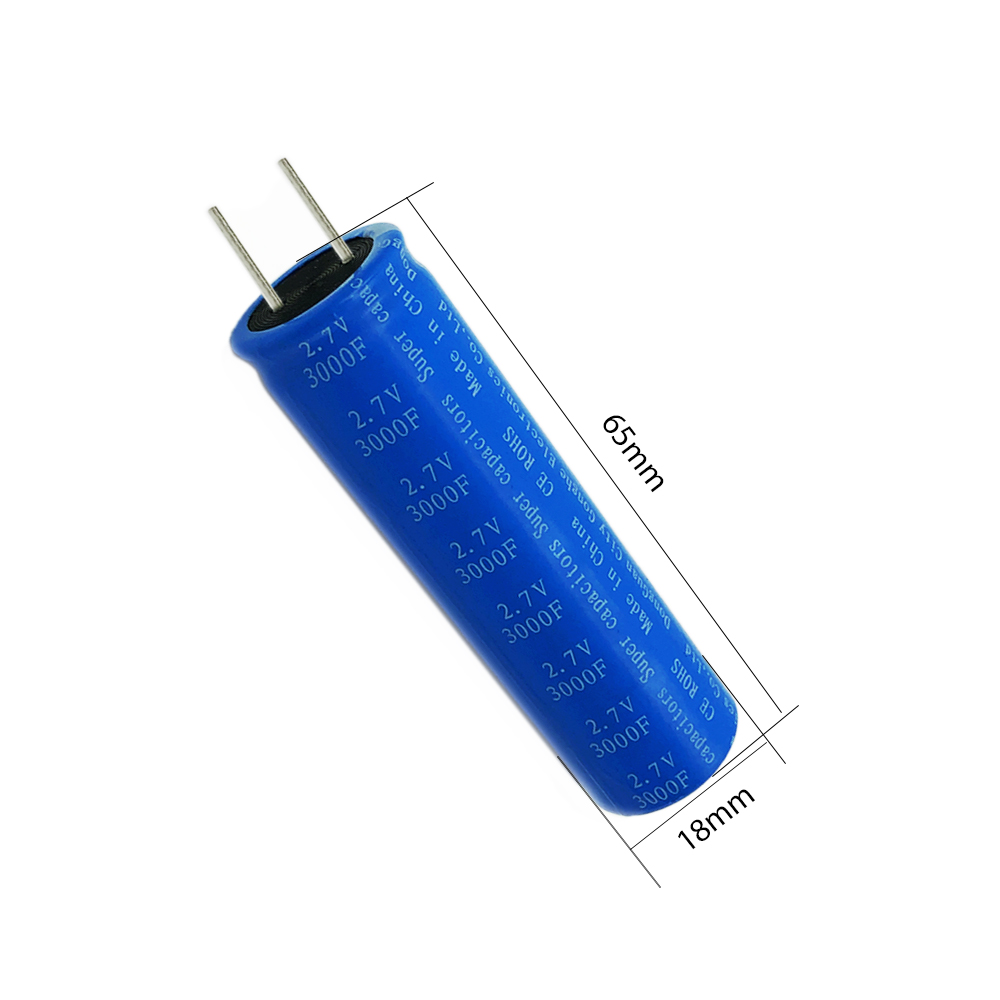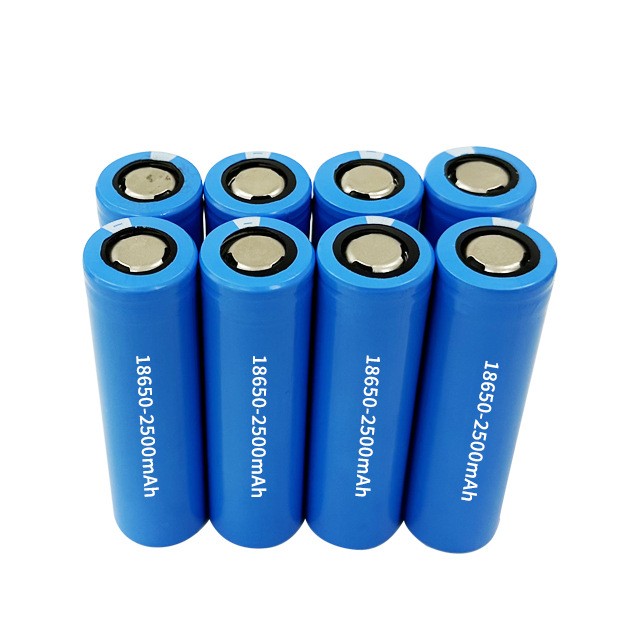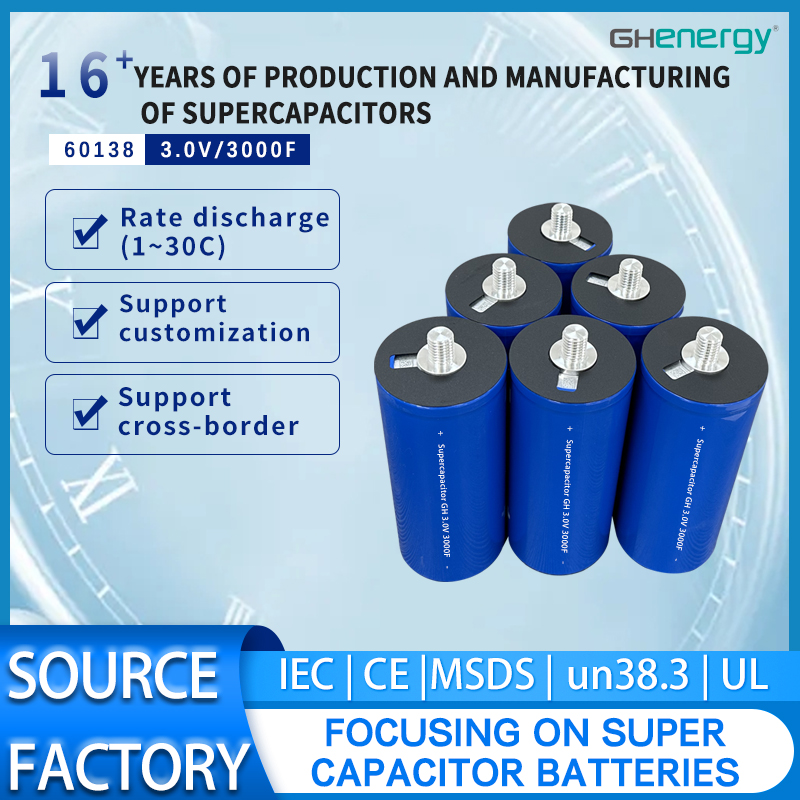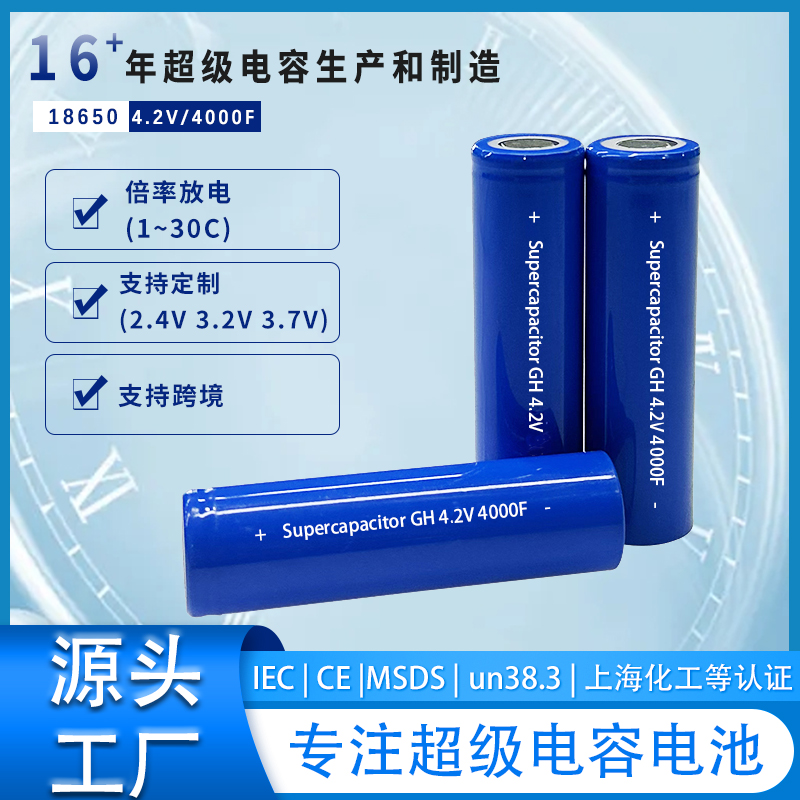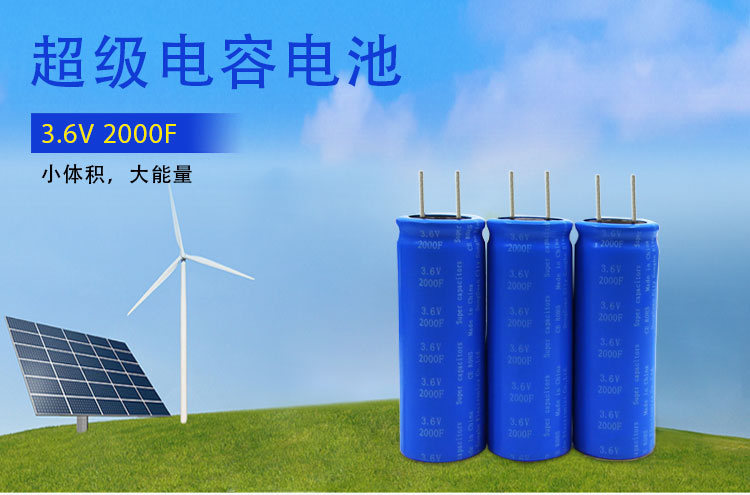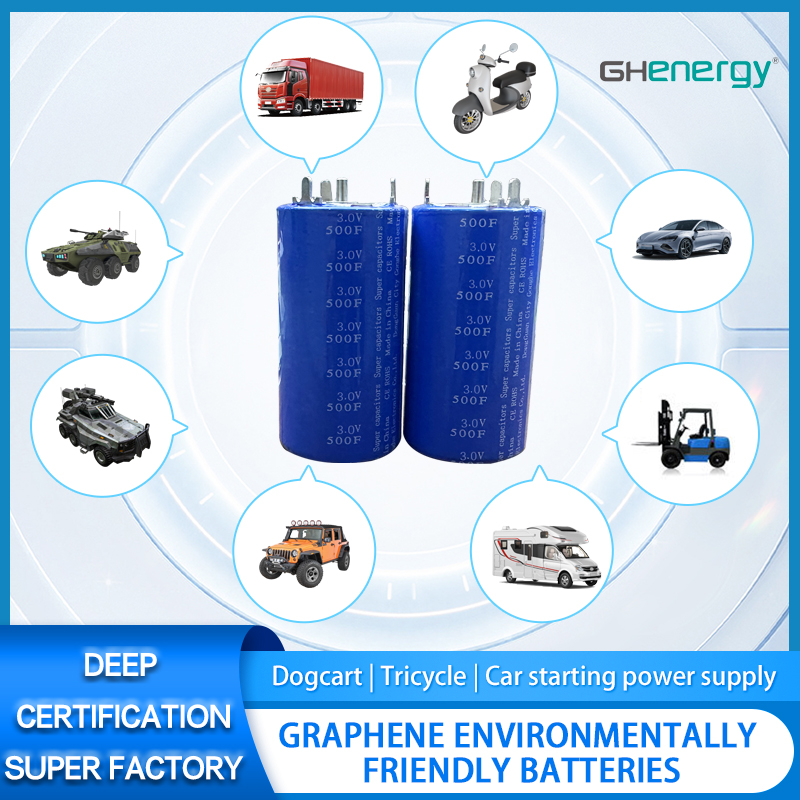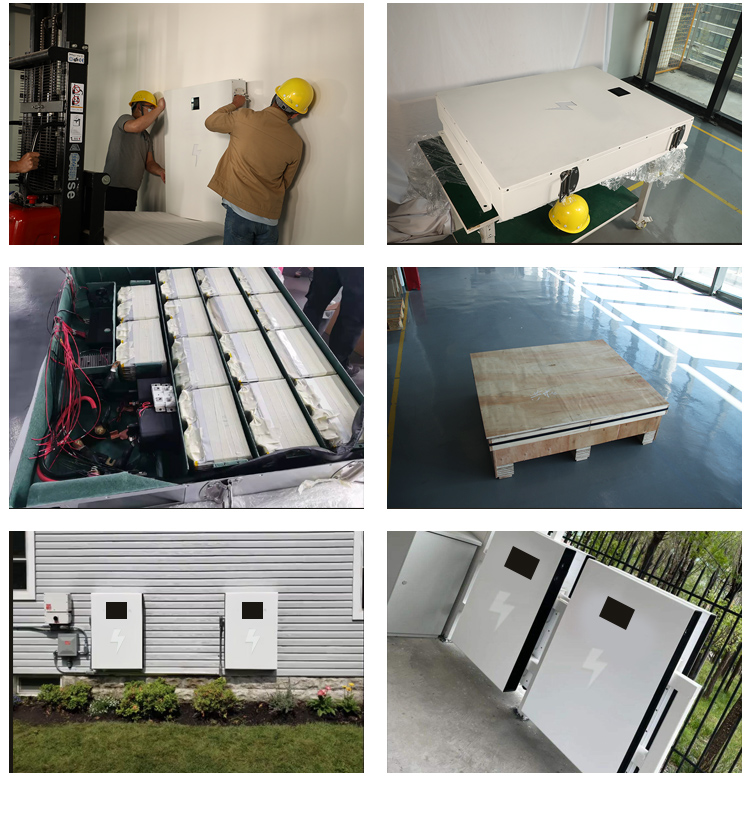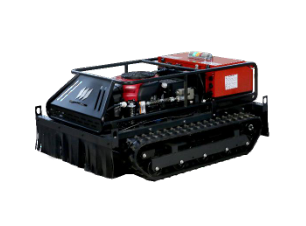Wedoany.com Report-Nov 21, ASP Isotopes is in discussions with government authorities in three countries regarding the establishment of high assay low-enriched uranium (Haleu) enrichment facilities, the company told NucNet in an email.
Viktor Petkov, vice-president of business development at the Washington-based company, which is developing technology and processes for the production of isotopes for use in multiple industries, said while there is no guaranteed timeline, “we are optimistic about obtaining the necessary permissions within the next few weeks/months”.
Petkov said the company’s most significant progress has been with the South African authorities.
He said a site at Pelindaba stands out as an ideal location, offering near “plug-and-play” readiness that “meets all our critical criteria, including robust security measures, reliable electricity supply, and a skilled workforce”.
“That said, we have the ambition to establish our presence in multiple locations outside of South Africa if the appropriate opportunity presents itself,” Petkov added.
Pelindaba is South Africa's main nuclear research centre, run by the South African Nuclear Energy Corporation (Necsa), the state company responsible for nuclear research and development and nuclear waste management.
ASP Isotopes recently signed an agreement with Necsa to collaborate on the research, development and ultimately the commercial production of advanced nuclear fuels.
It also entered into a non-binding agreement with TerraPower, the nuclear innovation company founded by Bill Gates, related to the construction of a uranium enrichment facility capable of producing Haleu and the future supply of Haleu for TerraPower’s Natrium advanced reactors, the first of which is planned for a retiring coal site in the US state of Wyoming.
The term sheet contains non-binding and binding provisions, including a period of exclusivity during which ASP Isotopes will not negotiate with third parties for the supply of Haleu or work on another ASP technology-based uranium enrichment facility, a statement said.
It said ASP Isotopes is also in discussions with financial institutions to provide additional capital for the Haleu facility.
Haleu is uranium enriched between 5% and 20%, which increases the amount of fissile material to make the fuel more efficient relative to lower-enriched forms of uranium.
ASP Isotopes’ subsidiary Quantum Leap Energy aims to use proprietary techniques it has developed to enrich U-235 and produce Haleu.
Many advanced reactors – likely to be deployed from the 2030s onwards – will use Haleu to achieve smaller designs, longer operating cycles, and increased efficiencies over current technologies.
